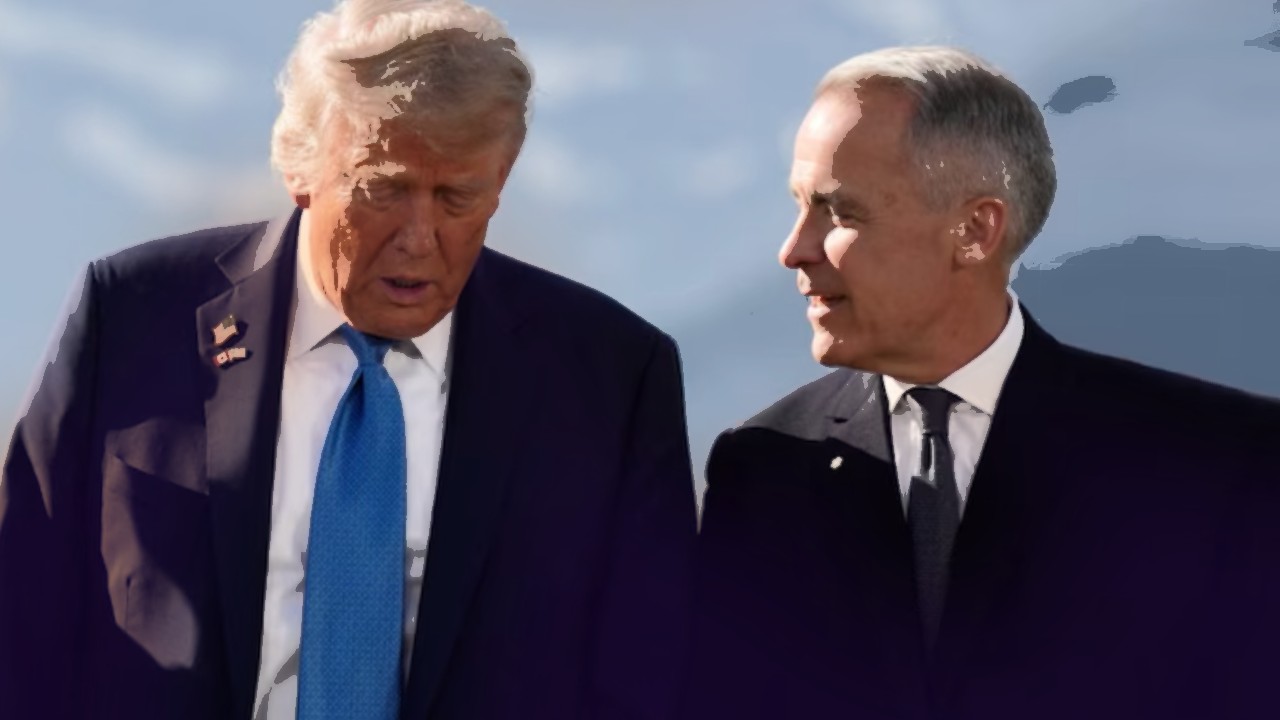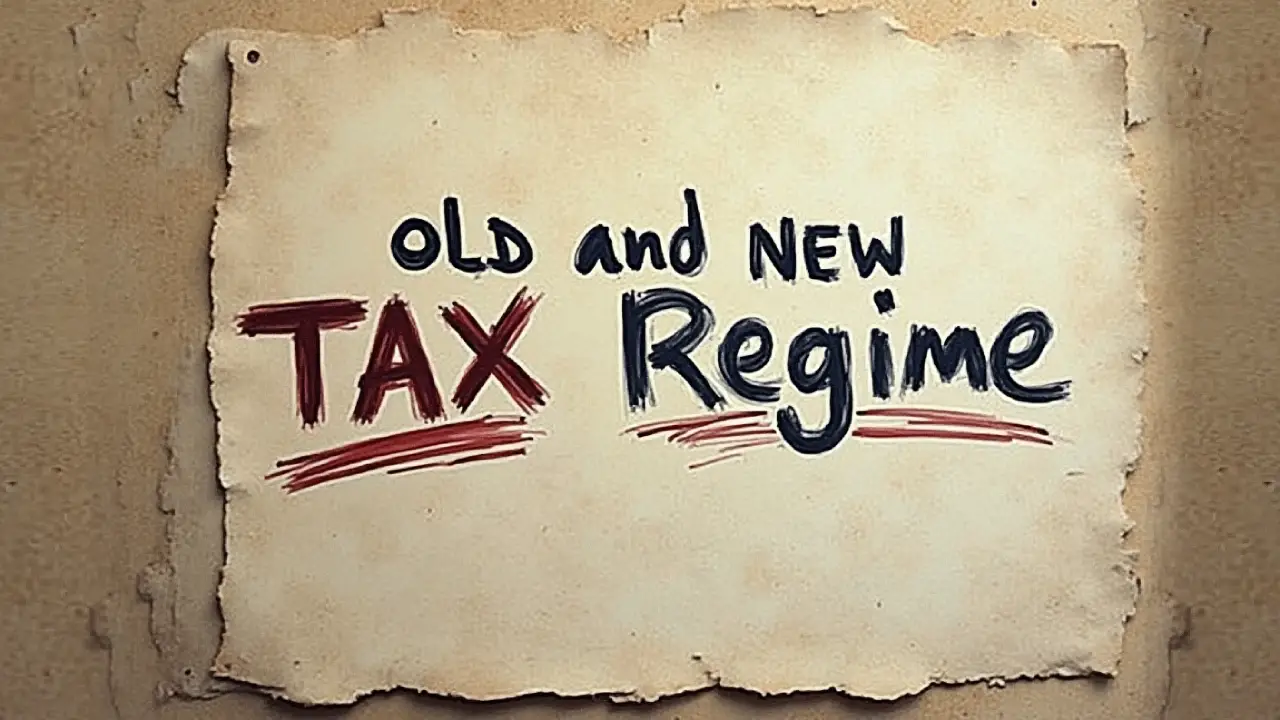Mark Carney Hits Back After Trump Slaps Canada With 35% Tariffs.

Mark Carney Hits Back After Trump Slaps Canada With 35% Tariffs.

Just days after US President Donald Trump shocked markets by raising tariffs on Canadian goods from 25% to 35%, Canadian Prime Minister Mark Carney delivered a measured but pointed response — and it’s sending ripples through North American trade circles.
Speaking in British Columbia, Carney revealed he has not spoken directly with Trump since the announcement, saying simply: “We’ll speak when it makes sense.” The remark hinted at frustration but also strategic patience, signalling that Canada isn’t rushing into negotiations under pressure.
While expressing disappointment over Trump’s move, Carney highlighted a crucial silver lining: over 85% of Canada-US trade remains tariff-free. That includes all goods compliant with the United States-Mexico-Canada (USMCA) agreement — the very trade deal Trump celebrated during his first term.
Carney didn’t mince words when he explained that Trump raised tariffs because of concerns over fentanyl flowing across the border. He dismissed the claim as “a rounding error”, pointing out that Canadian fentanyl accounted for less than 0.1% of US seizures between 2022 and 2024.
The Canadian PM also unveiled fresh support for the softwood lumber sector — a long-standing bone of contention in US-Canada trade disputes — as national trade figures revealed a 12.5% drop in Canadian exports to the US compared to June 2024.
The impact is real. Industries like auto, steel, and aluminum are seeing the brunt of global US tariffs, forcing Carney to acknowledge: “US policies are severely impacting Major Canadian industries.” He added that while Canada will continue seeking mutually beneficial opportunities, it can no longer entirely rely on its historically close trading relationship with its southern neighbour.
In short, Carney’s message is clear: Canada will stand firm, defend its industries, and engage with the US on its terms — and not under the looming shadow of last-minute tariff shocks.







